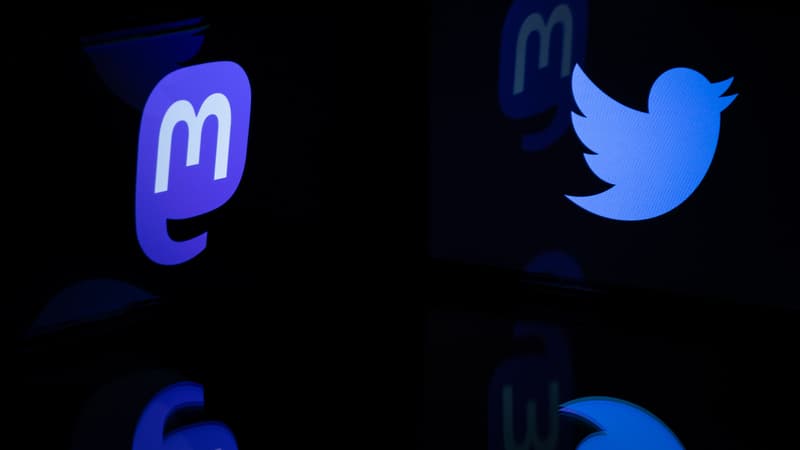Since Elon Musk’s takeover of Twitter, many users have expressed a desire to leave the social network for an alternative, the microblogging site Mastodon.
The principle of the site is quite similar to that of Twitter, except that its use is much more “compartmentalized”. Here, there is no general news, but servers that can be managed by anyone, called “instances”.
Privacy
In Mastodon, any Internet user can become an administrator and manage their instance, as if it were their own social network. The administrators of the different servers thus have, in practice, access to the private messages that are exchanged there.
This access is remembered in the site’s confidentiality rules. However, in addition to being here in English, these confidentiality rules are usually long and laborious for the user.
“Please note that server administrators may have access to these messages (private, editor’s note), and that they can make copies or share them. Never share sensitive information about Mastodon,” the site’s privacy policy reads.
This operation is not new, and is similar to that of Twitter, or other social networks. But in the case of Mastodon, the administrators of the service can be people from close circles. If sharing your data with US or Chinese companies doesn’t reassure you, sharing private messages with people close to you can quickly become privacy complex.
For this reason, Mastodon also remembers the importance of knowing the administrator of the servers you go to, and never sharing sensitive data.
Another problem arises from this system, highlighted by cybersecurity expert Mathis Hammel. In the same way that instance administrators can access these messages, they can also access user passwords. Therefore, it is imperative to use a one-time password to connect in order to avoid any security issues.
Moderation
Moderation is one of the points that crystallizes the shortcomings of social networks, and Mastodon does not escape the rule. The model used by Twitter is far from proven. With only 2,000 moderators for around 400 million monthly active users, the social network is the subject of much criticism, accusing in particular of moderating too laxly towards hate speech.
Due to its decentralized nature, Mastodon does not apply a general moderation card. The latter applies to each “instance”, at the discretion of its administrator. Therefore, the severity of the moderation can vary greatly between each instance.
Without a general charter to supervise Internet users, or at least banish hate speech, the responsibility is therefore individual for each instance.
A poorly optimized algorithm
Beyond these security issues, many Internet users who have migrated from Twitter to Mastodon share their difficulties in taking the tool in their hands. In question, the multiplicity of servers but also an algorithm less developed than that of Twitter. The messages published by the users are published without hierarchy, without distinction of language and in chronological order.
On paper, this is a great promise of equality in social networks, preventing certain users from “disappearing” in the algorithm. But in reality it is a complex mess to understand, as this engineer specializing in artificial intelligence points out.
However, Mastodon should not be considered a bad solution, far from it. These deficiencies must be put into perspective with the number of users, which has never exceeded two million to this day. From now on, free software has the keys in hand to adapt to its new popularity without reproducing the pitfalls pointed out by its big competitors.
Source: BFM TV


